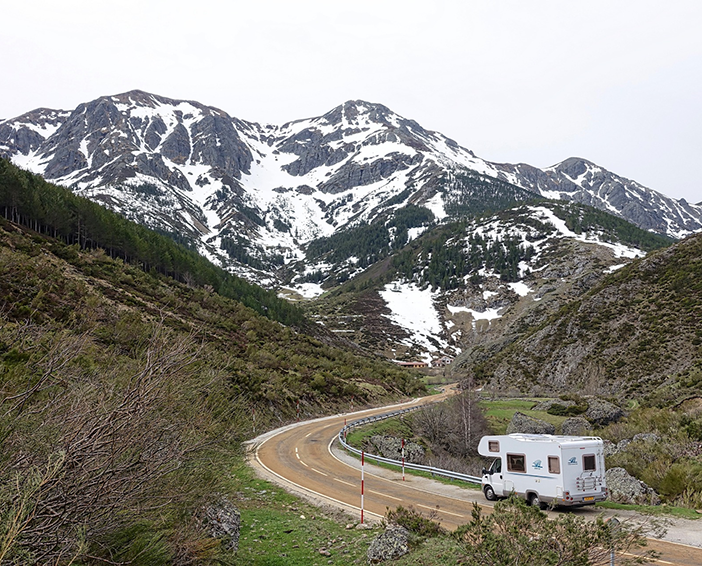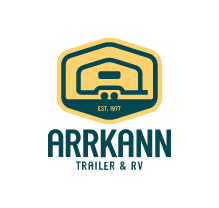RV Camping: A Beginners Guide
Published on Oct 09, 2017
RV Camping: A Beginners Guide
Written by Michael Bourke
Want to get real value from your recreational vehicle? Take a dry run at home before your maiden voyage, pack a spare bottle of Fix-a-Flat, and don’t forget your favorite book. Keep reading for more tips, tricks, and tools that will make your initial journey more enjoyable.
Dry run for fun and functionality
You will be more comfortable on strange roads if you practice driving around your town in the weeks before your first big trip. Set the RV up in your backyard (or driveway) as though you were on location and go through the routine of camping for a day. If you’ve forgotten anything, now is the time to restock. After all, it would a shame to get to your campsite without essentials such as bug spray or coffee!
Size it up and simplify
Since RVs are capped at 430 sq. feet max, space is always a consideration. Avoid the temptation to fill each nook and cranny with stuff that you might not need on the road. Consider size when you’re packing and, most of all, stay organized. It’s a good idea to invest in drawer separators and over-the-door hanging organizers. If you feel the urge to pack extra blankets and clothes, use a vacuum-sealed bag to save space if you wind up not needing the additional layers.
Be proactive and practical
Plan your menu a week before you leave so you’ll know what utensils and dishes you’ll need to feed your crew while you’re away. Consider packing non-breakable dishes and reusable cups; melamine dishes are a smart choice for travel since they are lightweight, virtually indestructible, and come in a variety of shapes and sizes to fit your space.
Tackle your tool tagalong temptations
Brent Peterson of KOA calls RVing, “ one of the last bastions of active do-it-yourself” endeavors. He recommends packing a basic toolbox along with duct tape and other necessary items. However, he cautions against giving in to the urge to find space for your rolling toolbox. Keep in mind that tools are heavy and, short of a tire iron, basic wrenches, sockets, and ratchets, a compressor, and flares and fuses, you’ll want to leave the heavy metal at home. An RV toolkit shouldn’t be much larger than a standard tacklebox. Click here for a comprehensive list of tools as recommended by Reserve America.
Fortify your fires against failure
Even though you’ll be sleeping under the cover of a motor home, you will still need to adhere to safe camping practices. National Park Service mascot Smokey the Bear isn’t just spewing hyperbole in his motto, “Only You Can Prevent Wildfires.” The majority of forest fires are ignited by unattended – or improperly cared for – campfires. Know the local rules and consider weather conditions before you light the first spark. Keep a safe distance from the flames and have ample water nearby in case of an emergency.
Secure your safety
Before you go, research campgrounds to know which offers safety features of interest to you. Many provide nightly patrols, perimeter fencing, and surveillance cameras. Once you arrive, introduce yourself to your neighbors so that you can gauge their trustworthiness and potentially have an extra set of eyes watching your things when you wander away. If you’re going to be hiking, boating, or swimming, pack the right safety gear, including life jackets, trekking poles, and a portable first aid kit. Lock your RV when you’re going to be out of sight and keep any valuables hidden in a small safe.
As with all things, a little foresight and preparation are required for your first RV camping trip. However, when planned correctly, your recreational vehicle will drive you and your family into your next great adventure.
